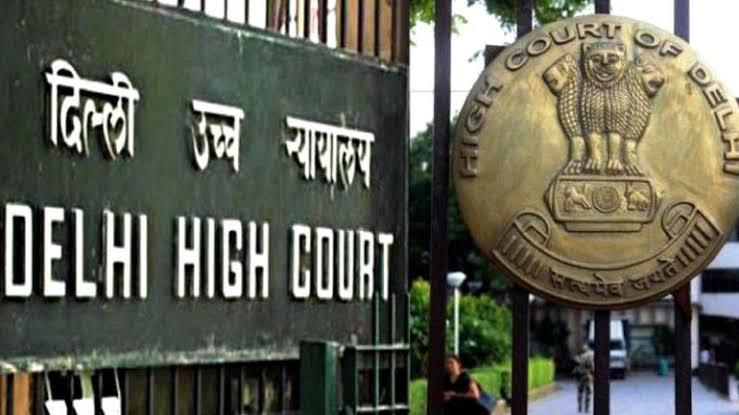Justice CH Hari Shankar granted relief to one Kulwant Singh who allegedly tried to defraud the Delhi Development Authority and in return the DDA forfeited the money deposited by Singh.
The Delhi High Court recently held that the Delhi Development Authority (DDA) is not empowered to punish a citizen just because it is perceived that he/she tried to defraud them. According to the petitioner, a residential plot was allotted to him by the DDA under the Rohini Residential Scheme-1981 in early 2015. Thereafter, in a letter to the petitioner, the DDA communicated that he was required to make payment for the allotment, last and final opportunity being July 25, 2016. Then a payment of Rs.5,22,300 was made by the petitioner through NEFT.DDA's counsel Anuj Chaturvedi submitted that although the petitioner had paid the earnest money of Rs.2,000 vide FDR dated April 22, 1981, the said registration was cancelled at the instance of the petitioner himself, and the earnest money deposit of Rs.2,000, paid by him, refunded in consequence. Unfortunately, however, owing to an error in its system, the name of the petitioner was not deleted, and continued to subsist in its records as a subscriber in the "Rohini Residential Scheme?, awaiting allotment of a flat, the DDA said in its affidavit.
After hearing the petitioner's lawyer Bhagat Singh and DDA's counsel, the court examined all the impugned judgments and noted: "It appears almost axiomatic, in my view, that the perception, of the DDA, of fraud having been perpetrated on it by the petitioner, howsoever justified, cannot justify withholding, by it, of the moneys of the petitioner. Money, indisputably, is "property", constitutionally comprehended. The right to property may stand relegated, with the 44th amendment to the Constitution in 1977, from a fundamental to a constitutional right, but constitutional rights are nevertheless solemn, and not to be trifled with, save and except in accordance with the law that subsists in that regard. Learned Counsel for the respondent has not been able to produce, before this Court, any law, empowering the DDA to withhold the moneys of a citizen, deposited with it, for whatsoever purpose or reason, on the ground that a fraud had been perpetrated, on it, by the said citizen. Neither is vigilantism the forte, nor is moral policing any part of the duties, in law, of the DDA. Fraud, by a citizen, on a public authority, may expose the citizen to action, but any such action has to be sanctified by the law, and cannot be in the nature of punishment born out of pique." The court further held- "The manner in which the DDA has, in the present case, decided to forfeit the amount of ? 5,22,300 deposited with it by the petitioner, indicates that such forfeiture partakes of the character of a punishment, without a scintilla of material, forthcoming in the law, empowering the DDA to mete out such punishment." Thus, the petition was allowed and the registry was directed to release the forfeited amount deposited by the DDA to the petitioner.
Courtesy/By: Sakshi Garg
|
25 Apr 2019

